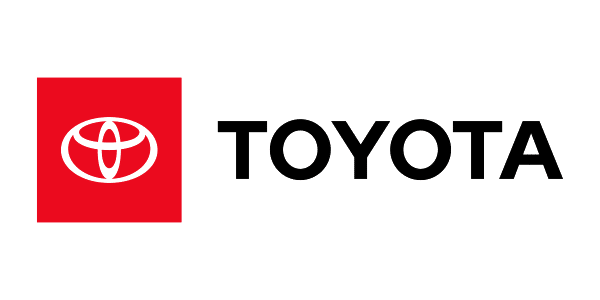For supply chain executives, growth and change are constants in a fast-paced industry. In a newly published guide, we’ve outlined 10 important supply chain trends projected to shape companies’ profitability, enhance productivity, and drive innovation.
In this blog post, we recap the five trends, beginning with blockchain. To download the full guide, click here.
Blockchain Technology
Blockchain technology is gaining recognition due to cryptocurrency like Bitcoin, but its capabilities are more powerful and far-reaching. Blockchain is a decentralized, open, and incorruptible digital ledger, bringing unprecedented security benefits and diverse applications. Incorporating blockchain into supply chains has the potential to transform everything from warehousing and delivery to order tracking and payment.
Overlapping Logistics and Technology Services
Technological advances have blurred the division between logistics and technology providers. As the two categories become more intertwined, successful 3PL companies are now offering integrated, cloud-based solutions that give clients access to warehousing, distribution, transportation, and operational staffing information from anywhere, at any time.
Big Data and the Internet of Things
The industrial Internet of Things (IIoT), which encompasses all connected devices used in the industrial sector, increases transparency, accuracy, and efficiency in logistics and supply chain operations. Data-driven devices, such as tracking sensors in transportation management, are already enhancing productivity. New solutions will boost overall labor efficiency, optimize assets, maximize warehouse space, and improve accountability and visibility.
Automation and Artificial Intelligence
Supply chain management is one of the activities predicted to be most affected by artificial intelligence (AI) in the next few years. New technologies powered by AI and robotics are not making human labor obsolete. Instead, they are taking charge of repetitive manual tasks, allowing employees to spend more time on analytical and decision-making responsibilities.
Flexible Supply Chain Processes
Companies that prepare for inevitable changes within the supply chain and remain agile enough to adapt to them quickly, will gain a competitive edge. Supply chain executives must practice constant vigilance, identifying supply chain vulnerabilities, managing risks
proactively, and developing flexible solutions for potential problems.
Ready to learn about all of these supply chain trends transforming the industry? Download the full guide here.













